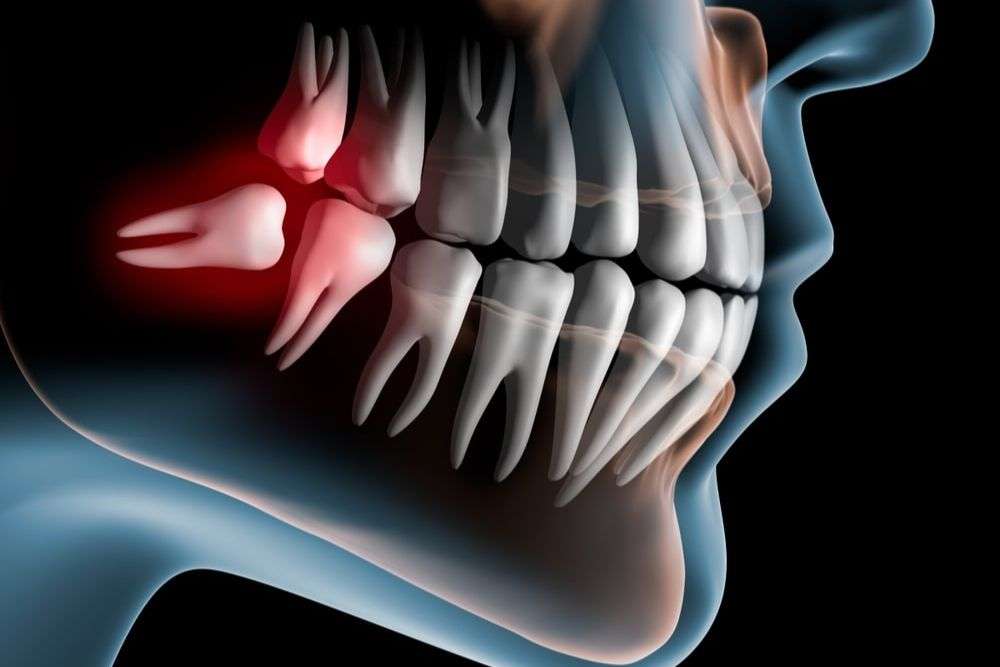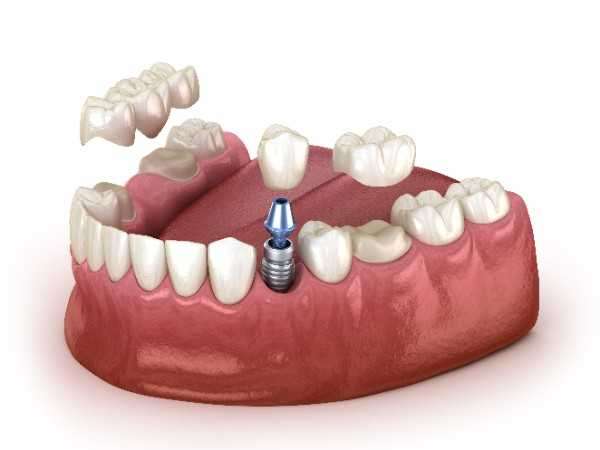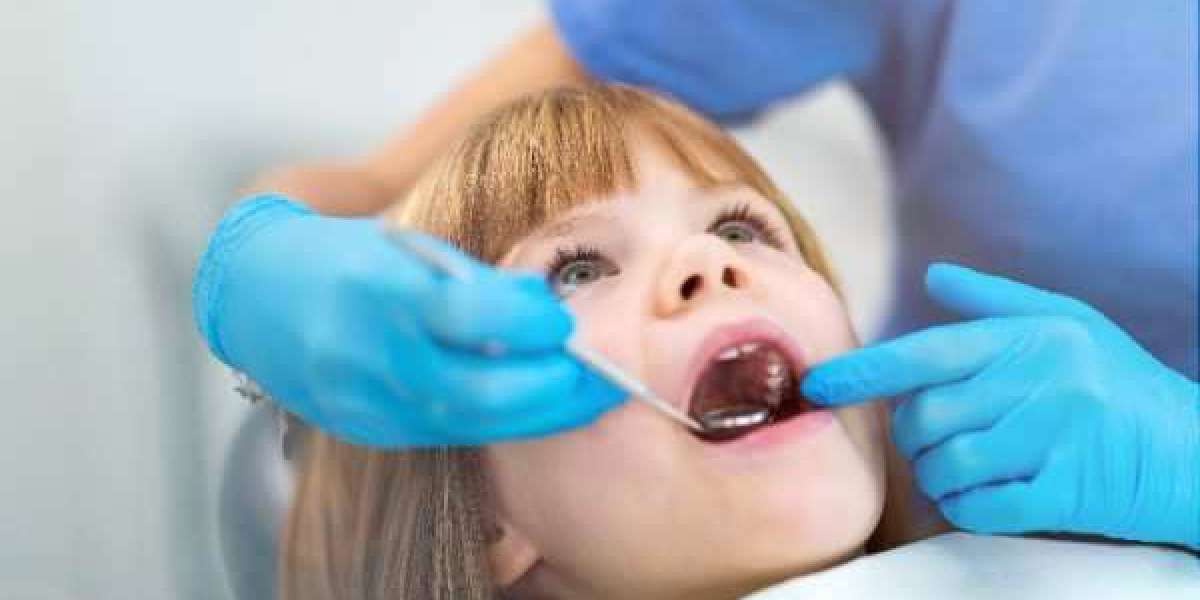Wisdom teeth, also known as third molars, typically emerge between the ages of 17 and 25. While their appearance marks the final stage of dental development, they are infamous for causing complications. For many patients, particularly those in Wisdom Tooth Leeds treatment centres, wisdom tooth eruption can lead to pain, swelling, infection, or damage to surrounding teeth if left untreated. Understanding why these teeth so often require removal is essential for maintaining good oral health and avoiding long-term dental problems.
Understanding Wisdom Teeth
Wisdom teeth were once vital for our ancestors whose diets consisted of coarse, unprocessed foods. Today’s softer diets and modern dental care have reduced their necessity, and our smaller jaw sizes often leave inadequate space for them to emerge properly. As a result, many wisdom teeth become impacted meaning trapped beneath the gum or bone and can cause significant oral health concerns. This is why so many patients seek guidance for wisdom tooth Leeds issues and explore treatment options early.

Common Problems Linked to Wisdom Teeth
When wisdom teeth attempt to break through the gum without sufficient space, a range of problems can occur. These include infection, crowding, and decay, all of which may make extraction the most viable option. For patients already undergoing orthodontic treatment or Dental Implant Leeds procedures, untreated wisdom teeth can jeopardise results.
Key complications include:
- Impaction: Wisdom teeth may remain partially or fully stuck beneath the gum.
- Infection: Food and bacteria can become trapped around partially erupted molars.
- Damage to adjacent teeth: Crowding and pressure can harm surrounding teeth or restorations.
- Jaw pain and stiffness: Pressure from impacted teeth may cause discomfort in the jaw joint.
When Extraction Becomes Necessary
Dentists recommend wisdom tooth removal based on a combination of symptoms, X-ray findings, and risk prognosis. Some wisdom teeth may never cause issues if they are fully erupted, healthy, and easy to clean, but many will require extraction to prevent repeated pain or infection. For patients in Dental Implant Leeds treatment consultations, dentists may plan wisdom tooth removal beforehand to avoid interference with implant placement.
Signs You May Need Wisdom Tooth Removal
Several common warning signs suggest removal may be required. If any of these symptoms persist, scheduling an examination with your dentist is crucial.
Warning signs include:
- Persistent jaw pain or swelling at the back of the mouth
- Recurrent gum infections or soreness around molars
- Difficulty opening the mouth fully
- Unpleasant taste or bad breath linked to trapped food debris
Wisdom Teeth Problems and Recommended Actions
Issue | Description | Typical Treatment |
Impaction | Tooth stuck under gum or bone | Surgical extraction |
Pericoronitis | Infection around a partially erupted tooth | Antibiotics + possible removal |
Crowding | Pressure is causing misalignment of other teeth | Extraction to preserve alignment |
Cyst formation | Fluid-filled sacs are damaging the jawbone or teeth | Surgical removal and cyst management |
Damage to dental implants | Wisdom teeth movement affecting implant stability (Dental Implant Leeds) | Extraction prior to implant placement |
Why Impacted Wisdom Teeth Are Problematic
Impacted wisdom teeth are particularly troublesome because they can cause silent damage. Even without pain at first, they may slowly harm the jawbone, shift surrounding teeth, or create infection risk. For individuals considering Wisdom Tooth Leeds removal, early detection is key to avoiding complicated surgical procedures later on.
Preventing Wisdom Tooth Complications
While you cannot prevent wisdom teeth from growing, you can prevent most associated complications through early monitoring and intervention. Regular dental check-ups, X-rays, and proactive decision-making help ensure trouble-free management. Patients contemplating Dental Implant Leeds treatment should be especially vigilant since wisdom teeth can influence jaw alignment and affect surgical outcomes.
Prevention strategies include:
- Routine dental check-ups with panoramic imaging
- Prompt treatment at the first sign of pain or swelling
- Professional cleaning to reduce infection risk
The Extraction Procedure
Wisdom tooth extraction is often performed under local anaesthetic, sometimes combined with sedation for patient comfort. The process involves making a small incision in the gum to expose an impacted tooth, and in some cases, removing bone around it. Stitches may be placed to aid healing. Recovery typically takes a few days, with most patients returning to normal activities within a week.
Post-operative care includes avoiding strenuous activity, following a soft-food diet, and keeping extraction sites clean to prevent infection. Patients who undergo Wisdom Tooth Leeds extractions experience long-term relief from pressure and discomfort once recovery is complete.
Recovery and Long-Term Benefits
Although wisdom tooth extraction requires a brief recovery period, the long-term benefits often outweigh any short-term inconvenience. Preventing misalignment, infection, and damage to restorative work such as implants ensures better oral health outcomes. For many patients, removing problematic wisdom teeth also eliminates the risk of late-life dental surgery which can be more complex and costly.
Wisdom Teeth and Orthodontic Treatment
For patients undergoing orthodontic correction, wisdom teeth can interfere with alignment progress. Their late eruption may apply pressure, causing teeth to shift and undo months of brace or aligner work. This is why many Wisdom Tooth Leeds cases involve coordination with orthodontists to determine optimal extraction timing. Removing these molars before or during orthodontic treatment helps preserve results and maintain a straight smile, especially when paired with planned Dental Implant Leeds procedures in the future.
The Cost of Delaying Removal
Postponing wisdom tooth extraction often leads to more complex and expensive treatment later. Impacted teeth can cause infections, damage adjacent molars, and even compromise jawbone integrity, making restorative care, such as dental implant Leeds placement more challenging. Early removal is generally simpler, with faster recovery and fewer risks. Patients in the Wisdom Tooth Leeds community are encouraged to seek timely consultations to minimise both oral health problems and financial impact.

Conclusion
Wisdom teeth are a natural part of dental development, yet they frequently cause more harm than good when space is limited. By recognising symptoms early, discussing risks with your dentist, and opting for timely extraction when necessary, you can safeguard your oral health and avoid unnecessary complications. At Smilo Dental Implants Leeds, we provide comprehensive guidance for patients seeking both wisdom tooth treatments and dental implant solutions, ensuring your smile remains healthy and functional for years to come.



